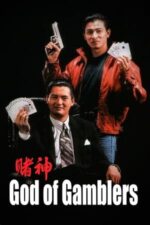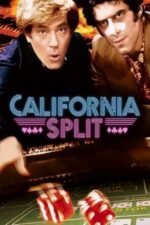More Than Just a Hand: Exploring Obsession & Betrayal Through Poker on Film
Hey everyone! So, I was thinking about something recently – how often we see poker in film, but rarely do we really explore what it represents beyond just high stakes and tense faces. It’s more than just shuffling cards; it's a microcosm of human nature, isn't it? A stage for ambition, deception, and the unraveling of relationships.
Think about it: poker inherently involves risk, bluffing, reading people – all things we do in life, but distilled into this concentrated game. And film has consistently used it to explore those themes.
Take The Equilibrium, for example. It's not a flashy heist movie or a glamorous casino drama. Instead, it’s about three farm laborers finding solace (and escape) in a poker game after a long day of backbreaking work. The beauty – and the tragedy – lies in how that seemingly innocent pastime exposes their vulnerabilities and fractures their bond. You see those subtle shifts in body language, the hesitation before a bet…it's all amplified because these men depend on each other. It’s a powerful reminder that even the strongest relationships can be tested by greed and suspicion. It reminded me of how my own family poker nights (which were far less dramatic, thankfully!) always revealed hidden competitive streaks we didn’t know we had!
Then you have films like The Last Card and Suicide Gambit, which lean into the more glamorous side – the smoky backrooms, the sharp suits, the potential for immense wealth. These movies use poker as a visual shorthand for high-stakes situations in life; Jack Calloway’s desperate gamble to regain his reputation mirrors his larger struggle with redemption. The tension isn't just about winning or losing money; it's about survival.
But what I find particularly fascinating is how films are increasingly using poker not as the main plot, but as a powerful metaphor. Cold Deck, for instance, uses the heist element to examine friendship and loyalty under immense pressure – the game of cards becomes a parallel to their larger scheme. And then there’s $10,000 for a Massacre. The bounty hunter's decision to betray his employer isn’t just about money; it’s about power, control, and ultimately, losing himself in the process. The poker face he adopts becomes a mask hiding his moral decay.
Even something as seemingly simple as Playing Cards uses the game to subtly explore group dynamics – the waitress observing their interactions is like an audience watching a carefully played hand.
Ultimately, whether it’s the gritty realism of The Equilibrium or the stylized tension of a heist film, poker on screen offers us a fascinating lens through which to examine our own flaws and ambitions. It's a reminder that sometimes, the most revealing games aren't about cards at all – they're about people.
What are your favorite films featuring poker? I’d love to hear what you think!







































